This is how I imagine my mother, before my birth.
She’s my age, supplicating life with such intensity – arms outstretched, head thrown back.
I can’t hear what she’s saying. But I feel her urgency, the forces pummeling her.
She’s calling the blood back into her body.
Calling the warring voices to truce.
Calling the ghosts to strip naked and reveal themselves.
Calling on God to make a move. Now.
…
It was one of the worst winters in years. Snowed in, the upper story of our Maryland townhouse became a retreat from the world. My parents’ big white bed was a floating iceberg, with Mom as its queen.
After class, I would trudge upstairs. Mom’s smooth, moonshine skin, stretched tight over her forehead, gleamed. Her dark eyes glowed. Seeing me, her thin mouth blossomed into an big smile.
“Ana!”
Looking back, I wish – I wish – I would have stepped into that moment, crawled into bed beside her, and ignored my “urgent” to-do list. But it was too hard. Too hard to stop, to step off the wheel of distraction and descend into the stillness of a snowy day.
Kissing her forehead, I noticed a layer of dust on the bottom shelf of her bedside table. She’d been in bed for over a year, and her cells sloughed off in soft drifts I was forever wiping away.
“How are you doing?” she asked. I shrugged. Let’s not talk about that. Instead I said,
“My philosophy paper’s coming along. How are you feeling? Are you ready for lunch?”
As usual, Mom wasn’t hungry, but I forced her to eat, which sounds cruel, but it was raw need on my part. If she ate, I could eat. If she lived another day, I could too. Mom sensed this, and asked for a veggie burger, with lots of ketchup.
Walking over to the bed, I placed the tray in her lap, then paused.
“You know, I’ve been reading Kant and Madison, Buber and Young. Through their ideas, I’ve been able to touch infinity. As humans. The infinite potential coiled up inside us.”
I pressed my cold fingers against Mom’s burning cheeks and ears.
“But only through you, Mom, have I been able to touch eternity.”
Looking back, it sounds a bit pretentious. But I was a student, and meant those words with all the force and ardor of innocence. Little did I know how much that expression touching eternity touched my mother, and how, later, she would echo it back to me.
…
After lunch, I perched my laptop on the foot of the bed. It was one of the gifts—spending time with Mom, recording her story.
“Are you ready? Where did we leave off?”
In the early 70’s, Mom fled her birthplace – rural North Dakota – only to end up in the wilds of northern Australia. She was 23 and fed up with the prejudices and provincialism of her small German-Russian village. But what they say is true. You can’t run away. In Australia too, racism and sexism formed a mighty web of exclusion and pain. If you were a woman or had dark skin, you’d be caught in it.
Undeterred, Mom started teaching immigrant and Aboriginal children at a primary school near Perth. She also made friends with local Baha’is – members of a world religion she’d never heard of before, growing up in the Lutheran church. The Baha’is were the only people she’d met who were actively working across racial and religious divides, driven by a belief that all people are one.
Social justice called to her. But it was the Revealed Word that pierced her heart.
“I was praying one afternoon in my apartment in Perth. I was kneeling, reading the [Baha’i] Hidden Words: ‘Thy paradise is My love. Thy heavenly home reunion with Me.’
“The force of those words hit me; my forehead touched the floor. I knew. I knew.”
In a voice recording she sent her parents back in North Dakota, Mom tried to express this inner transformation. She had found her true home: a fulfillment, not a negation, of Christ’s continuous presence here on earth. “I was a lost sheep, and I’ve been found.”
In northern Australia, the Aboriginal elders also taught her about the Dreamtime or Dreaming, when their ancestors walked the land, shaping the rivers and mountains, creating the laws of life. They taught her the words:
I will sing you to me.
Like a loving reminder, these words are spoken to the living, by those preparing to die. They are not only meant to bring comfort, but to express a spiritual truth: Listen closely. We are near to you. Be attuned.
…
Snow concealed our townhouse in mounds of glittering white. A nurse came to visit. I can’t remember her name, but she was middle-aged, with wavy blond hair and the leathery skin of a smoker. Her energy was calm and the veins in her hands stood out in the warm light of my parents’ room. She carried a bundle, which she laid on the bed.
“Ana, come here.” Leaves of light drifted off Mom, settling around the room like embers. “This is a healing stick, made just for you. Look what it says…”
She uncovered a piece of driftwood about two feet long and the thickness of my forearm. It was studded with crystal beads and turquoise stones.
The wood almost glowed, like old magic. Like a branch from the Tree of Paradise.
Two butterflies were burned into the pale wood on opposite ends of the stick. A long cord and these words connected them:
In the dreamtime, I will sing you to me
so that you too can touch eternity.
“You have to promise.” Mom looked at me sternly.
“You have to promise me that you will take care of yourself. You can’t survive how you’ve been going. I don’t really know how you’re still standing here. I want you to know that you can be healed, you can be completely and utterly well.”
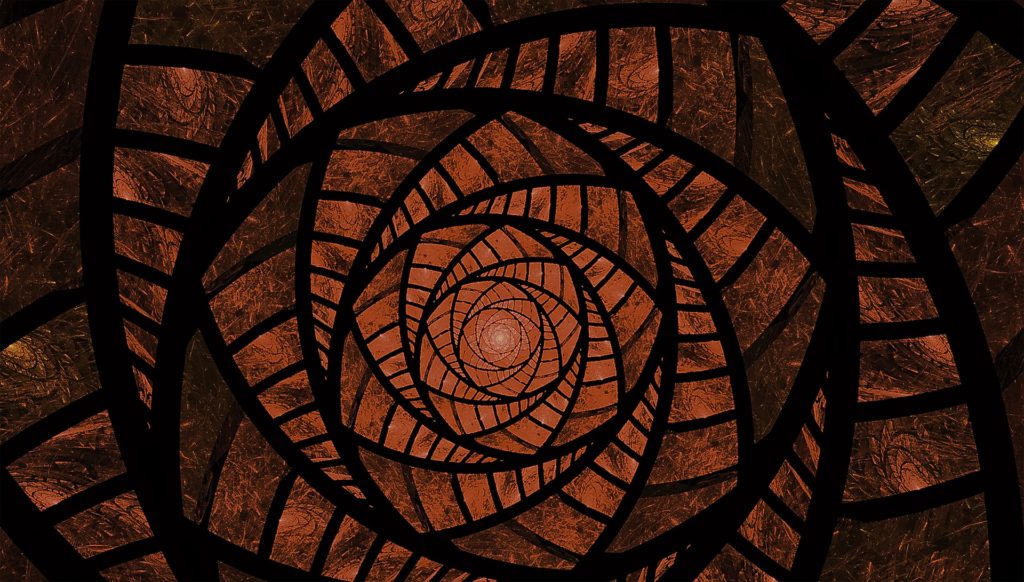
Mom was diagnosed with cancer – for the second time – a couple months after a feeding tube was removed from my nose.
In medical terms, I had battled anorexia since I was 15.We were living in Israel at the time, serving at the center of our Baha’i Faith. From the first time I entered the holy places, when I was 10, I fell in love: with the shrines, the beautiful gardens, the Mediterranean Sea, an arc of blue outside my bedroom window. But I was just a kid, porous and highly attuned to the environment around me.
In the Holy Land, the collision of holiness and hellishness penetrated my skin. You’d be walking in the footsteps of the Prophets one minute—and the next, a suicide attack or army incursion would kill innocent people. Terror amplified the daily teenage traumas—not fitting in, hating my body, blaming myself for things completely beyond my control.
I developed insomnia weeks before 9/11 (also my birthday), sensing a deep dis-ease in the world. Anxiety and lack of sleep led to lack of eating, which I tried to keep hidden. Seven years later, this secret almost killed me.
Anorexia is a different kind of cancer: metastatic, devouring, with the highest death rate of all mental illness. Like a parasite, its greatest power is to blind you to its danger. Then drain your life away. My parents took me back to the States, hoping to find treatment. I only felt more out of place.
Over the years, I’ve come to understand that “mental illness” is really a cry of the soul. It is a piercing alarm, sounded in our minds and bodies, alerting us to unspoken pain and suffering. Not only in ourselves, but in our families, our world. If unheeded, this alarm system will detonate, killing the host and causing terrible harm. So I beg you: Listen. Listen to those who are sensitive. Honor your own sensitivity. This wisdom will save us.
At 22, it was my turn to go to hospital. Mom held me close in the plastic loveseat and we recited Baha’i prayers together:
… Thy name is my healing O my God,
and remembrance of Thee is my remedy.
Her raspberry sweater smelled faintly of jasmine oil; the wool was warm with her body. April sunlight entered my back through the hospital window. I could imagine the cherry trees dancing outside.
Back home, I sat at the dining room table, trembling. Mom coaxed me to eat, to spoon the soup into my mouth, and swallow.
“You can do this. I know you can. Come back to us now. Come back.”
We locked eyes and slowly, I drank down the vegetable soup my father had prepared.
Dad was always there, listening, cooking, driving me through the green Maryland countryside when I got stir-crazy during medical leave from school. Mostly I did the talking, but once, sitting in a parking lot in our ivory Hyundai, he said, almost to himself:
“You know I’m preparing myself.”
“For what?” I asked, naively.
“For your death.” I glanced at his profile – silver hair combed back from his forehead, angular nose, the soft cheeks and earlobes I loved to squeeze as a child.
Dad was never dramatic. His words scared me. I will fight harder, I promised. I will beat this thing.
But anorexia cannot be beat. It is a silent scream, which cannot be silenced by pills, food, or therapy alone. Yes, I had to eat and heal, deeply. But so did my family. So does society. So does our planet. In order to heal, I needed my voice to be heard. But how?
Gropingly, instinctively, I reached for words. I began to write. Then, months after crawling from my darkest hole, I was thrown back into the pit again. Mom’s cancer, dormant since I was 10, was back. And this time, nothing worked.
…
I understand now why T.S. Eliot called April “the cruelest month.” It was April when the ambulance drivers came, carrying Mom downstairs, as she laughed and joked. I sat frozen at the foot of the bed, listening to Ravel’s Pavane for a Dead Princess, which came on the radio like a sign of Mom’s nobility and grace.
A stream of people flowed into her spare, white room at Montgomery Hospice. Even the ambulance drivers returned, bringing flowers. Manousheed, an Iranian friend, chanted prayers. Her own mother had been killed in Iran for being a follower of the Baha’i Faith, the same faith my mother found in Australia, that she kindled in me.
People were drawn to her happiness, her visible light. It wasn’t a metaphor: Mom shone.
One morning, I drove to the hospice with a vase of irises and sunflowers wedged in my lap. Sun burned through their petals, slicing my eyes with blue and yellow-gold light.
I stayed with Mom all night, went home in the morning, showered, and slept.
Curled next to my mother’s spot, in my parents’ bed, I dreamt of fireflies.
They trailed me, shooting from my heels like living sparks.
In my dream, I ran barefoot, at night, past sleeping houses.
Through our dark neighborhood, I ran and ran, chasing a woman, invisibly chanting.
…
The healing stick now sits on my window sill, in my little bungalow, in Hixson, Tennessee.
I understand better now: Mom was handing me the torch, passing on to me her faith in life, her love for life, her gift for life.
Most nights, I touch its warm surface, speaking prayers aloud, into the darkness.
God knows the world needs healing right now.
Sometimes, I sense all the ones we’ve lost, shimmering around us, strengthening us, urging us to break our silence, to sing the new dawn burning in our hearts.
Right now, raw with grief, bloodied and beautiful, it’s coming. We are birthing it.
The love we’ve concealed so long is here.
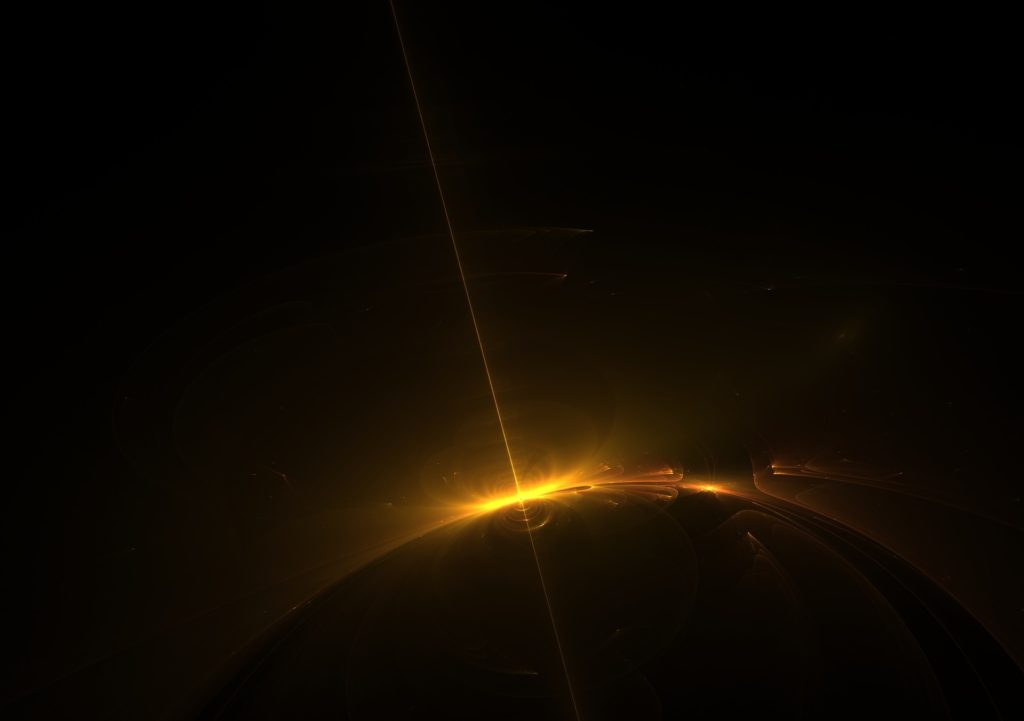

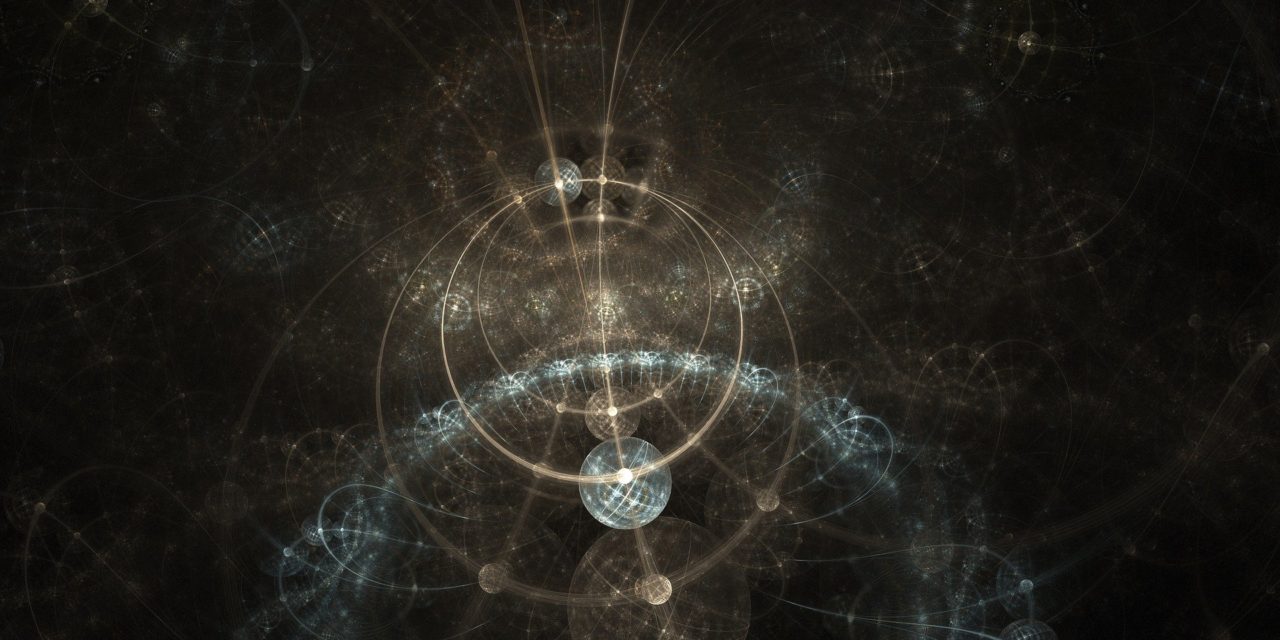
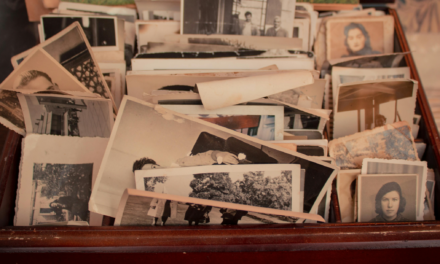
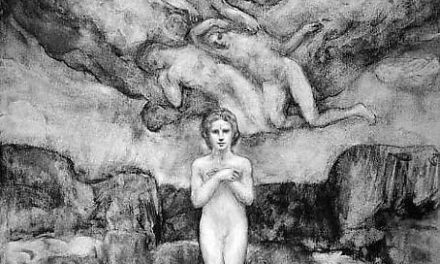
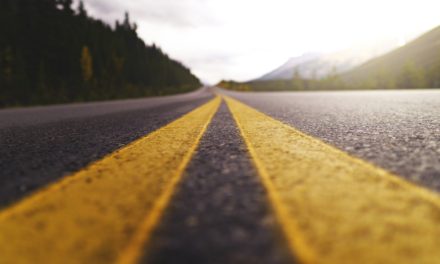
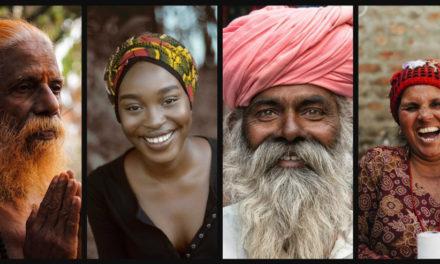

Oh your gift of sharing soul is phenomenal!!! Thank you for sharing your heart and soul, your writing is a healing balm♥️♀️